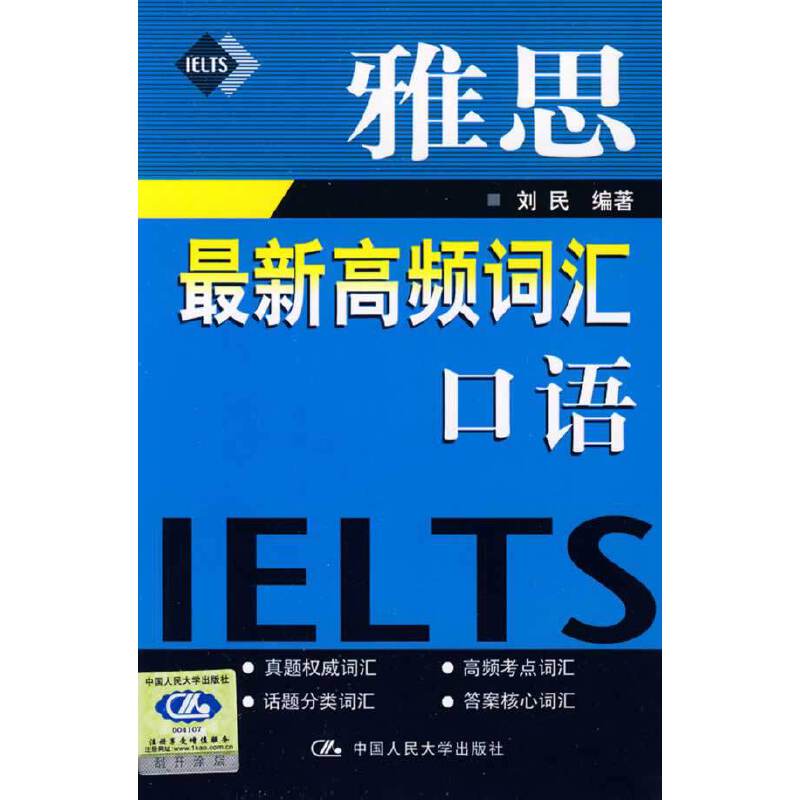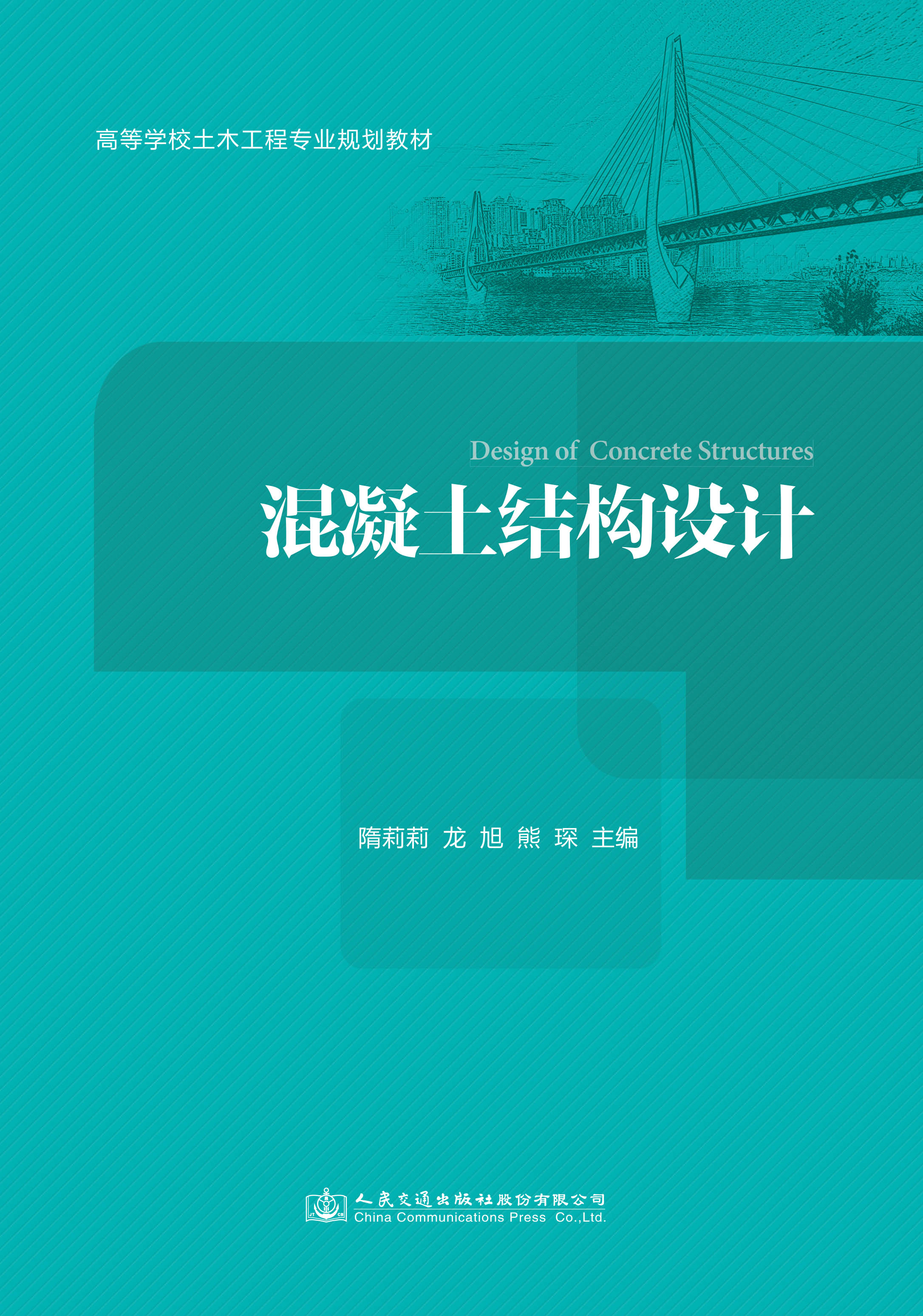阅读专题特训+高频词汇快速突破 / 非常雅思高分训练系列
定价:¥36.00
作者: 王春梅 李晓利
出版时间:2009-08
出版社:北京语言大学出版社
- 北京语言大学出版社
- 9787561923900
- 70825
- 2009-08
- H319.6
内容简介
本书作者根据历年雅思阅读考题,对出题的范围进行了总结,把涉及的题材大体分为十二大类别:(1)自然现象,(2)人类历史上的重大事件,(3)交通运输,(4)语言,(5)环境保护,(6)动物,(7)建筑,(8)社会问题,(9)医疗卫生,(10)农、工、商,(11)教育,(12)科学技术。本书的阅读训练部分就是按照这十二个专题分单元编写的,每个单元包括五篇由短到长的文章,每个单元的练习都覆盖各种常见题型。这样的编写让考生对每个专题都能得到充分的阅读训练,从而熟悉这一专题可能涉及的词汇、表达方式和出题方式。这样,在真正的考试中,就不会因为对题材感到生疏而影响阅读速度。
为了方便考生掌握相关词汇,本书在每一篇文章后都附了选篇所涉及的词汇,相应的词汇在选篇中也用斜体标出,便于考生直接查阅。因为每个专题涉及的词汇并非五篇文章所能涵盖,所以本书还特别编写了专题分类词汇学习手册,把与每个专题密切相关的词汇以英汉对照的方式列出,做成口袋书随书附赠,便于考生随身携带,随时随地查阅、记忆。
为了方便考生掌握相关词汇,本书在每一篇文章后都附了选篇所涉及的词汇,相应的词汇在选篇中也用斜体标出,便于考生直接查阅。因为每个专题涉及的词汇并非五篇文章所能涵盖,所以本书还特别编写了专题分类词汇学习手册,把与每个专题密切相关的词汇以英汉对照的方式列出,做成口袋书随书附赠,便于考生随身携带,随时随地查阅、记忆。
目录
Introduction雅思阅读考试简介
一、如何阅读考试简介
二、如何提高雅思阅读能力
三、雅思阅读考试接替技巧
IELTS Reading Activities 雅思阅读考试简介
Unit One Natural Phenomena (自然现象)
Reading Passage 1: Earthquakes in History
Reading Passage 2: El Nino's
Reading Passage 3: Storms
Reading Passage 4: Coasts in Crisis
Reading Passage 5: Mount Saint Helens
Unit Two Important Events in Human History (人类历史上的重大事件)
Reading Passage 1: The History of Coins
Reading Passage 2: The Olympic Games
Reading Passage 3: The Story of Aviation
Reading Passage 4: History of the Wheel
Reading Passage 5: The Mystery of Time
Unit Three Transportation (交通运输)
Reading Passage 1: Rally for a Car-free Prospect Park
Reading Passage 2: Capacity Problems of Pub]ic Transportation System
Reading Passage 3: Teen Driving Safety: A National Priority
Reading Passage 4: Chicago Area Is Not Alone in Transit Woes, Survey Says
Reading Passage 5: When Public Transit Ceases to Be Public
Unit Four Language (语言)
Reading Passage 1: Language, Culture, and Health Care Delivery
Reading Passage 2: Critical Period
Reading Passage 3: Languages of the World
Reading Passage 4: Babbling
Reading Passage 5: Baby Talk
Unit Five Environmental Protection (环境保护)
Reading Passage 1: A Growing Coral Crisis
Reading Passage 2: Acid Rain: What's the Solution?
Reading Passage 3: Paper Recycling Process Benefits Environment and Profits
Reading Passage 4: Handle with Care
Reading Passage 5: Is the World Really Coming to an End?
Unit Six Animals (动物)
Reading Passage 1: The Animal Kingdom
Reading Passage 2: Life in the Water
Reading Passage 3: Bandit Birds: Crows
Reading Passage 4: Bees
Reading Passage 5: The ABC's of Adaptation: Staying Alive
Unit Seven Architecture (建筑)
Reading Passage 1: A New Expansion Plan of the Whitney Museum of American Art
Reading Passage 2: Forgotten Designers: Homes Built by Women
Reading Passage 3: Students Master the Art of Building
Reading Passage 4: Heads up!Roofs in Traditional Chinese Architecture
Reading Passage 5: A Brief Introduction to Traditional Chinese Architecture ...
Unit Eight Social Issues (社会问题)
Reading Passage 1: Rising Fuel Prices
Reading Passage 2: What Goes Wrong with Our Math Education?
Reading Passage 3: University Teachers Became Jobless
Reading Passage 4: Rising Food Prices
Reading Passage 5: World Bank's Poverty Estimates Revised
Unit Nine Medical Science (医疗卫生)
Reading Passage 1: Smoking and Cancer
Reading Passage 2: A Map for Smart Eating
Reading Passage 3: AIDS: the Nation's Worst Public-health Problem
Reading Passage 4: Identical Twins
Reading Passage 5: Genes
Unit Ten Agriculture, Industry and Commerce (农、工、商 )
Reading Passage 1: Paper and Its Uses
Reading Passage 2: Personnel Recruiting
Reading Passage 3: Business Ethics
Reading Passage 4: Scientists Make Plants Grow Faster
Reading Passage 5: Glass
Unit Eleven Education (教育)
Reading Passage 1: Teacher-pupil Relations in the Digital Age
Reading Passage 2: Melbourne University Private
Reading Passage 3: Computers Change Learning
Reading Passage 4: The Diploma Program
Reading Passage 5: Music on the Mind
Unit Twelve Science and Technology (科学技术)
Reading Passage 1: Voice Recognition Goes Real
Reading Passage 2: Tomorrow's Telephones
Reading Passage 3: Office Space: Designing Your Next Office
Reading Passage 4: Millennium Seed Bank Project
Reading Passage 5: Upward Bound: Tales of Space Station Alpha
IELTS Reading Tests 雅思阅读模拟试题
Test 1
Reading Passage l: Where Have All the Bees Gone?
Reading Passage 2: Rocking the House
Reading Passage 3: Sweeeet!The Skinny on Sugar Substitutes
Test 2
Reading Passage 1: Chew for Health
Reading Passage 2: How Do Animals Spend the Winter?
Reading Passage 3: Who Built the Pyramids and Why?
Test 3
Reading Passage 1: Sleepwalking--Fact or Fancy
Reading Passage 2: Born Bad?
Re
一、如何阅读考试简介
二、如何提高雅思阅读能力
三、雅思阅读考试接替技巧
IELTS Reading Activities 雅思阅读考试简介
Unit One Natural Phenomena (自然现象)
Reading Passage 1: Earthquakes in History
Reading Passage 2: El Nino's
Reading Passage 3: Storms
Reading Passage 4: Coasts in Crisis
Reading Passage 5: Mount Saint Helens
Unit Two Important Events in Human History (人类历史上的重大事件)
Reading Passage 1: The History of Coins
Reading Passage 2: The Olympic Games
Reading Passage 3: The Story of Aviation
Reading Passage 4: History of the Wheel
Reading Passage 5: The Mystery of Time
Unit Three Transportation (交通运输)
Reading Passage 1: Rally for a Car-free Prospect Park
Reading Passage 2: Capacity Problems of Pub]ic Transportation System
Reading Passage 3: Teen Driving Safety: A National Priority
Reading Passage 4: Chicago Area Is Not Alone in Transit Woes, Survey Says
Reading Passage 5: When Public Transit Ceases to Be Public
Unit Four Language (语言)
Reading Passage 1: Language, Culture, and Health Care Delivery
Reading Passage 2: Critical Period
Reading Passage 3: Languages of the World
Reading Passage 4: Babbling
Reading Passage 5: Baby Talk
Unit Five Environmental Protection (环境保护)
Reading Passage 1: A Growing Coral Crisis
Reading Passage 2: Acid Rain: What's the Solution?
Reading Passage 3: Paper Recycling Process Benefits Environment and Profits
Reading Passage 4: Handle with Care
Reading Passage 5: Is the World Really Coming to an End?
Unit Six Animals (动物)
Reading Passage 1: The Animal Kingdom
Reading Passage 2: Life in the Water
Reading Passage 3: Bandit Birds: Crows
Reading Passage 4: Bees
Reading Passage 5: The ABC's of Adaptation: Staying Alive
Unit Seven Architecture (建筑)
Reading Passage 1: A New Expansion Plan of the Whitney Museum of American Art
Reading Passage 2: Forgotten Designers: Homes Built by Women
Reading Passage 3: Students Master the Art of Building
Reading Passage 4: Heads up!Roofs in Traditional Chinese Architecture
Reading Passage 5: A Brief Introduction to Traditional Chinese Architecture ...
Unit Eight Social Issues (社会问题)
Reading Passage 1: Rising Fuel Prices
Reading Passage 2: What Goes Wrong with Our Math Education?
Reading Passage 3: University Teachers Became Jobless
Reading Passage 4: Rising Food Prices
Reading Passage 5: World Bank's Poverty Estimates Revised
Unit Nine Medical Science (医疗卫生)
Reading Passage 1: Smoking and Cancer
Reading Passage 2: A Map for Smart Eating
Reading Passage 3: AIDS: the Nation's Worst Public-health Problem
Reading Passage 4: Identical Twins
Reading Passage 5: Genes
Unit Ten Agriculture, Industry and Commerce (农、工、商 )
Reading Passage 1: Paper and Its Uses
Reading Passage 2: Personnel Recruiting
Reading Passage 3: Business Ethics
Reading Passage 4: Scientists Make Plants Grow Faster
Reading Passage 5: Glass
Unit Eleven Education (教育)
Reading Passage 1: Teacher-pupil Relations in the Digital Age
Reading Passage 2: Melbourne University Private
Reading Passage 3: Computers Change Learning
Reading Passage 4: The Diploma Program
Reading Passage 5: Music on the Mind
Unit Twelve Science and Technology (科学技术)
Reading Passage 1: Voice Recognition Goes Real
Reading Passage 2: Tomorrow's Telephones
Reading Passage 3: Office Space: Designing Your Next Office
Reading Passage 4: Millennium Seed Bank Project
Reading Passage 5: Upward Bound: Tales of Space Station Alpha
IELTS Reading Tests 雅思阅读模拟试题
Test 1
Reading Passage l: Where Have All the Bees Gone?
Reading Passage 2: Rocking the House
Reading Passage 3: Sweeeet!The Skinny on Sugar Substitutes
Test 2
Reading Passage 1: Chew for Health
Reading Passage 2: How Do Animals Spend the Winter?
Reading Passage 3: Who Built the Pyramids and Why?
Test 3
Reading Passage 1: Sleepwalking--Fact or Fancy
Reading Passage 2: Born Bad?
Re









